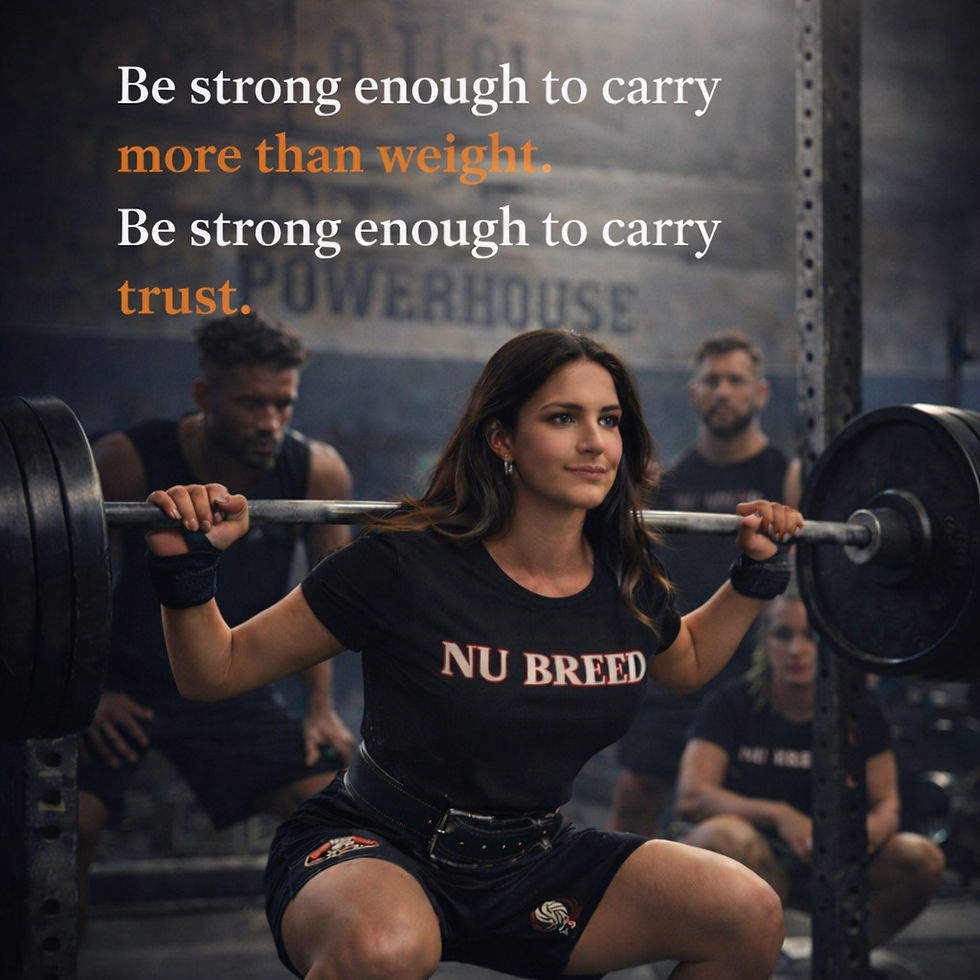The Grand Illusion of Private Training: Why Competition Beats Isolation.
- jobijobi2

- Nov 19, 2024
- 3 min read
In the world of athletics, the allure of private training stands as a shimmering mirage, promising to transform promising athletes into superstars through one-on-one sessions and individualized attention. Yet, this grand illusion often masks a stark reality: true preparation for the rigors of Competition comes not from isolation in a training facility but from the dynamic, unpredictable environment of actual gameplay.
The Misguided Focus on Private Training.
At its core, private training aims to refine skill deficiencies identified during Competition. Coaches work meticulously with athletes to enhance their shooting form, improve footwork, or develop strategic awareness. However, this focused approach can create a false sense of security. An athlete may emerge from weeks of private sessions feeling polished and prepared. Still, without real-time experience in Competition, they are often ill-equipped to handle the complexities of a game situation.
Skill is honed in solitude, but mastery is forged in the heat of battle. This sentiment captures the essence of competitive sports: you can practice the fundamentals all you want, but nothing can replace the lessons learned in the crucible of Competition.
The Competitive Edge.
Consider this: an athlete who engages in high-level Competition for just six months under a skilled coach can develop an edge that surpasses that of an athlete who trains privately for the same duration. The intensity, pressure, and unpredictability of actual games force athletes to adapt, think on their feet, and respond to challenges in real-time. Each game becomes a classroom, teaching resilience, teamwork, and strategic thinking—qualities that private training alone cannot instill.
"Every game is a lesson; every opponent is a teacher," asserts Coach Sai. This statement reflects the essence of Competition: the opportunity to learn from every play, every mistake, every triumph.
The Importance of Game Experience.
Private training can undoubtedly contribute to an athlete's development. It offers a chance to work on specific skills, receive personalized feedback, and build confidence. However, its limitations become glaring when athletes step onto the court for the first time after months of isolation. The game's rhythm, the action's pace, and the need for split-second decision-making can overwhelm those who have yet to face these challenges in real-world scenarios.
"The court is the ultimate equalizer; it reveals the truth of your training," emphasizes Coach Job. Those who rely solely on private training often find themselves outmatched by athletes suffering testing of their skill aptitude in the Competition arena.
The Call to Action: Embrace Competition.
It is time for athletes, parents, and coaches to recognize the limitations of private training. While it can supplement skill development, it should never replace the fundamental experiences gained through competitive play. Athletes must embrace the challenges of the court, understanding that it is through Competition that they will truly discover their potential.
"Don't just train; compete. The court is where you find out who you are," advises NU Breed Director Coach Job. This fundamental truth should guide every young athlete's journey: the most significant growth happens not in the solitude of training but in the vibrant chaos of Competition.
Conclusion.
Ultimately, next-level athletes must dismantle the grand illusion of private training as adequate court preparation. True athletic excellence emerges from the synergy of dedicated practice and competitive experience. As young athletes prepare for their futures, remember that the court is their greatest teacher, and Competition is their most vital training ground. Embrace, learn from, and let it shape you into a true champion.
Train differently.
We are NU Breed, the rumor of something good.




Comments